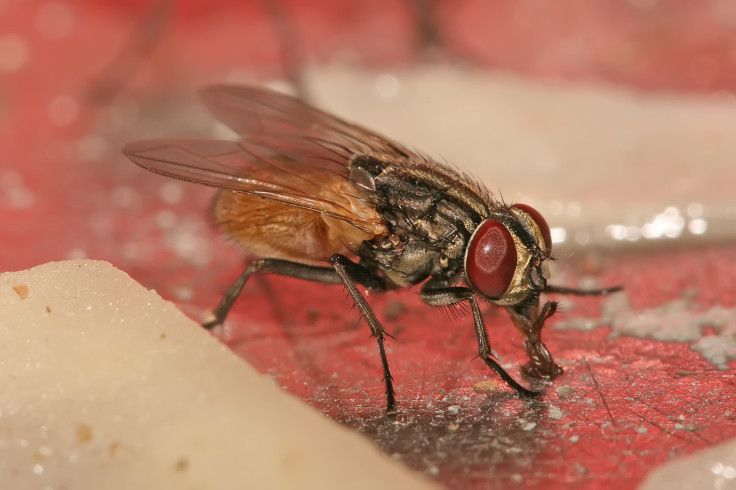Housefly Genome Provides 'Rich Resource' to Find Cures for Human Diseases

Scientists have sequenced the entire genome of the common housefly and say the findings may help humans cope better with disease-causing environments.
The housefly, Musca domestica, can carry around 100 different illnesses, including typhoid, tuberculosis, and worms.
As the housefly is so involved in human processes, studying its genome will have great implications for human health. Understanding how the insects are immune to human diseases could help scientists create treatments and vaccines for diseases widespread across the world.
For the study, researchers at Cornell University sequenced the genomes of six female houseflies, creating a creating a 691Mb long sequence. They then compared the results to the Drosophila melanogaster genome, the common fruit fly, to indicate which genes are unique to the housefly.
The comparison revealed that the housefly has more immune genes, which were of a higher diversity than those in the fruit fly.
Results showed the housefly also has unique "detoxification" genes, which produce proteins that help the insect to dissolve waste such as faeces. According to the researchers, this could be to offer the flies better protection against the pathogens they carry.
Information about these genes could help humans handle waste and improve the environment, as unlike us, flies do not get sick from contact with such waste.
"Houseflies are a fascinating insect for scientists in many areas, such as developmental biology, sex determination, immunity, toxicology and physiology," said lead author Jess Scott.
"The completed genome will be a phenomenal tool for researchers in all of these fields and will facilitate rapid advancements."
Professor David Conway, of the London School of Hygiene & Tropical Medicine, told BBC News: "Although we often think of houseflies as just a nuisance, they can transmit many pathogenic bacteria to people and contribute significantly to disease in poor communities where sanitation is limited."
"Many other flies transmit important human diseases and hopefully this work will encourage further genome analyses of these disease vectors, and comparisons between them," he added. "There are many other vectors of neglected diseases that could be better understood if we had more comparisons of their genomes."
The research was published in the journal Genome Biology.
© Copyright IBTimes 2025. All rights reserved.






















